Pigeon Diet Plan – Pigeons, like any other species, require a varied and nutritious diet in order to stay healthy and strong. As pigeon keepers, it’s important to be aware of the dietary needs of our feathered friends and ensure that they’re receiving a balanced, nutritious diet.
The basics of a pigeon’s diet should include a variety of grains, seeds, and fruits, as well as some proteins. Grains, such as wheat, oats, and barley, are a great source of energy for pigeons and should make up the core part of their diet.
Seeds, such as millet and hemp, and fruits, like apples, grapes and raisins, should be added to provide a range of vitamins, minerals and antioxidants. Pigeons also require proteins, which are in worms, cooked eggs and other cooked meats.
Different pigeons have different nutritional needs. It is important to account for the age, breed and activity level of your bird when forming a diet plan. If your pigeon is a breeder, they’ll need more protein in their diet to aid in building strong eggs. Racing pigeons should also be provided with extra protein to help them manage the increased workload.
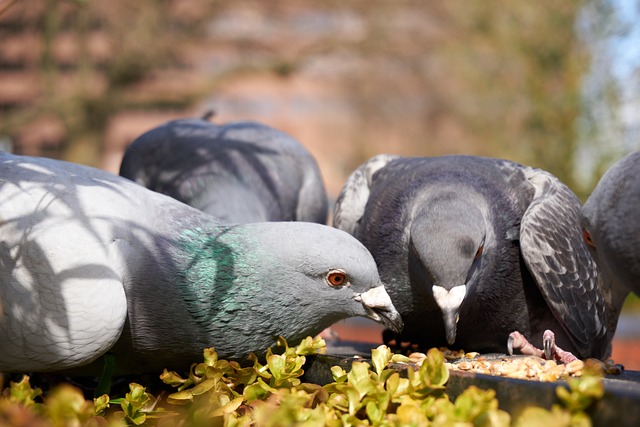
Pigeon Seed Ratio
A high-quality pigeon mix in the summer should contain approximately 11 percent protein, 8 percent fat, and 63 percent carbohydrates. In addition to this, the seeds should also include calcium, iron, and other minerals. Available in most mixes created specifically for pigeons.
These mixes should also contain appropriate amino acids. In addition, always keep the seeds away from moisture. Remember as wet or moldy seeds can be dangerous for the birds.
Use of Pigeon Grit
In Pigeon Diet Plan – Along with a balanced diet, pigeons also require grit. Grit is a collection of small rocks, pebbles, and other materials that help them digest their food. Grit should be available and accessible at all times, as it is essential for digestion.
Pigeon grit typically contains small stones, oyster shells, and charcoal. All of these materials are necessary for digestion. As the stones help grind down food and the oyster shells provide calcium and other minerals. Charcoal is also included for its ability to help filter out harmful bacteria that may be present in food and water.
Water is equally essential for the health of our feathered friends. Change the water on daily basis. It is recommended to have multiple sources of fresh water available, to ensure choice and variety.
Best Time To Feed A Pigeon
The best time to feed pigeons is usually in the morning and afternoon, or twice a day in general. Remember always feed your Pigeons a high-quality grain mix and other supplemented food.
By following these core elements and tailoring the diet to the specific needs of our birds, we can ensure that our pigeons stay healthy and happy. A diet high in grains, seeds, fruits and proteins, combined with plenty of water and access to calcium, will help keep our pigeons in peak condition.
- Best Quality Pigeons Sign to Notice

- Best Racing Pigeon Eyes Hidden Secret Revealed

- Canker Sore Treatment in Pigeons

- Coccidiosis In Pigeons – How To Treat Cocci Disease

- Diarrhea in Pigeons Big Problem for Fanciers

- Digestion Issues in Pigeons Not To Worry Now

- Eye of Pigeon – The Secret Fanciers Don’t Know

- How to Check Pigeon Health in 5 Minutes ?

- How To Deal With Baby Pigeon Leg Paralysis

- How To Make Best Tumbler Pigeons Breed?



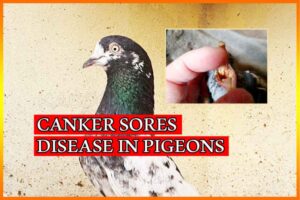






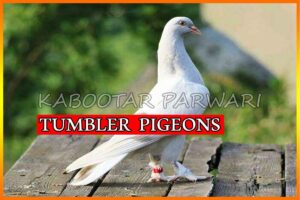
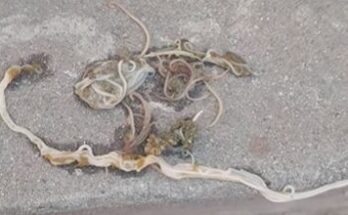
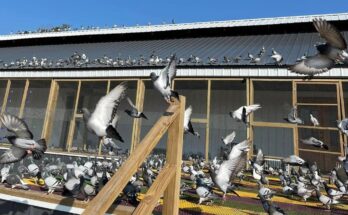

3 Comments on “How To Prepare Pigeon Diet Plan For Best Results”